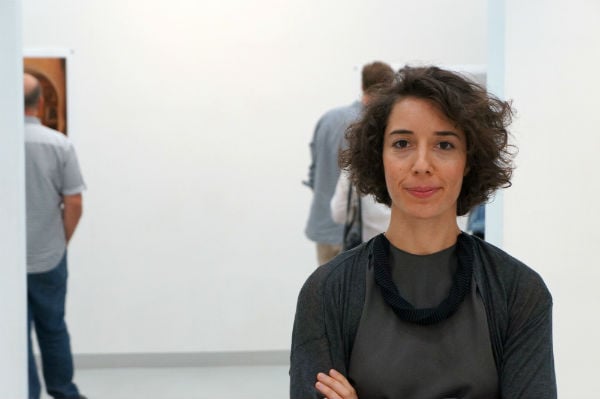Art & Exhibitions
Is Qatar’s $1 Billion Arts Spending Not Enough?
Funding-starved, Doha’s Katara Art Center Closes Down
Funding-starved, Doha’s Katara Art Center Closes Down
Coline Milliard

The Katara Art Center in Doha, Qatar, will close its doors at the end of the month after only three years in operation.
Its closure sheds a new light on the state of the visual arts in the emirate, usually more readily associated with the unmatched buying power of its ruling family (they famously purchased Cezanne’s The Card Players for a reported $250 million), and behemoth projects spearheaded by the Qatar Museums Authority (QMA).
The QMA spent an estimated $1 billion on art purchases and commissions last year alone. Yet, outside the state-funded programmatic initiatives the prospects for grass root initiatives are dire.
“It’s all centralized and it’s all top down, so the ground level gets really little,” says Katara Art Center’s artistic director Mayssa Fattouh, speaking to artnet News from Doha. “There’s no art policy or anything that allows for small entities to really exist in Doha.”

Mayssa Fattouh
Courtesy KAC
Launched by advertising mogul collector Tariq Al Jaidah in 2011, Katara Art Center is one of the few independent art spaces in Qatar. It offers a program of temporary exhibitions promoted as highlighting “a regional art scene outside the constraints of reactionary market trends.”
This wasn’t enough to impress Katara Art Center’s anonymous investors, which own 75 percent of the organization, and they recently decided to withdraw their support. The space in the “cultural village” the center has been able to use for free until now is also being reallocated.
“There’s a clear shift,” continued Fattouh. “Basically, the interests are now in education, health, and sports. Culture is suffering from a lot of budget cuts.”
Art education is benefiting from this renewed interest. On June 1st, the Supreme Education Council announced the reintroduction of visual arts in the curriculum of select independent schools. Fine art is taught at college level at the Virginia Commonwealth University School of the Arts, and the University College London in Qatar has an MA in Museum and Gallery Practice.
But as Fattouh points out, the emirate might not yet have the art ecosystem in place to absorb these graduates. “I’m not sure if all these creative people will work at Qatar Museums,” she muses, “or are they supposed to go somewhere else, or forget about art and culture once they graduate?”